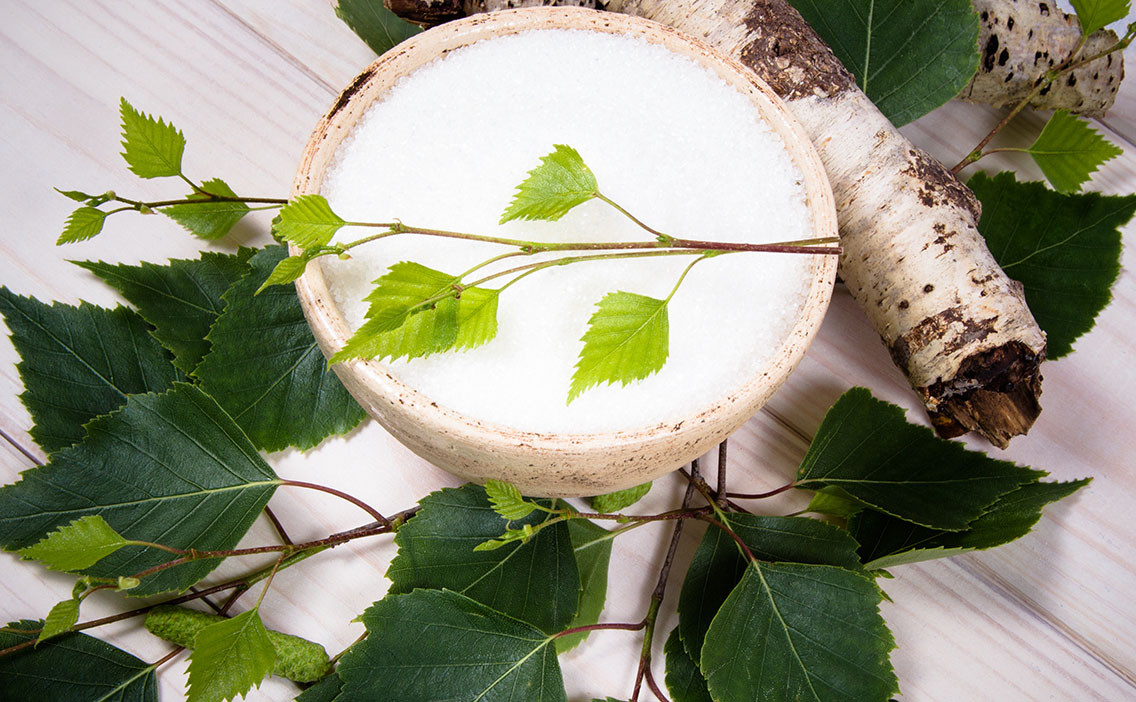- Joined
- Jul 18, 2024
- Messages
- 2,223
- Reaction score
- 4,995

A recent NIH-funded study by a team of researchers, led by Dr. Stanley Hazen at the Cleveland Clinic,
suggested that an artificial sweetener called erythritol might exacerbate heart disease.
In their earlier study, the team found that blood erythritol levels were associated with future risk of major adverse cardiovascular events, such as heart attack or stroke. They also found that other sugar alcohols in the blood were associated with this risk, one of which they tentatively identified as xylitol. For the new study, the team examined a group of more than 2,000 people using a method to better distinguish xylitol from related compounds. Results appeared in the European Heart Journal on June 6, 2024.
The team found that people with the highest xylitol levels (top third) were about 50% more likely to have cardiovascular events over the next three years as those with the lowest (bottom third).
Blood components called platelets help blood to clot. In the group’s earlier research, erythritol made platelets more sensitive to blood clotting signals. In this study, the researchers exposed human platelets to xylitol to see if it had the same effect. Doing so increased the platelets’ sensitivity to blood clotting signals, much like erythritol did. Increasing blood xylitol levels also sped up blood clot.
“This study again shows the immediate need for investigating sugar alcohols and artificial sweeteners, especially as they continue to be recommended in combating conditions like obesity or diabetes,” Hazen says. “It does not mean throw out your toothpaste if it has xylitol in it, but we should be aware that consumption of a product containing high levels could increase the risk of blood clot-related events.”

Xylitol may affect cardiovascular health
Higher blood levels of the artificial sweetener xylitol were associated with increased risk of heart attack and stroke in people.


